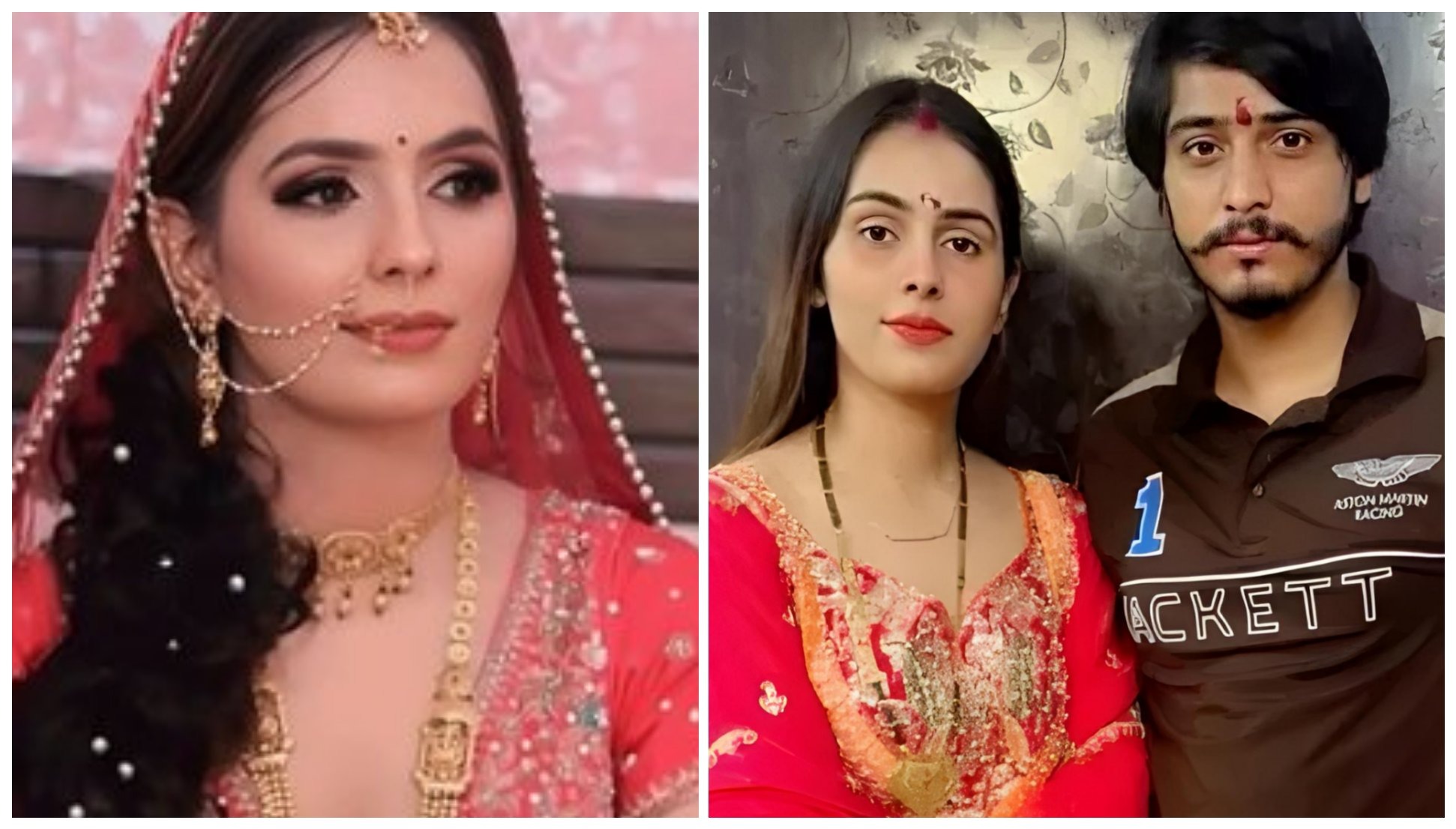Introduction
On August 23, 2025, the city of Noida witnessed a horrifying crime that reignited discussions about dowry-related violence and women’s safety in India. A young woman named Nikki lost her life allegedly due to prolonged harassment and abuse by her husband, Vipin Bhati, and his family. The tragic event, widely covered across media, not only exposed the continued menace of dowry in modern Indian society but also sparked nationwide outrage.
The case took a dramatic turn when Vipin Bhati was arrested after a viral video showed him brutally assaulting Nikki in public. Days later, his mother—accused of being complicit in the crime—was also arrested. Adding to the drama, Vipin attempted to flee from police custody but was shot in the leg by law enforcement officials before being recaptured.
This article examines the case in detail, piecing together the timeline of events, the investigation, public reactions, and the broader implications for Indian society.
Timeline of Events
Marriage and Background
Nikki married Vipin Bhati a few years ago. Initially, things seemed normal, but according to her relatives and close friends, she faced increasing harassment and pressure from her in-laws for dowry. Reports suggest that demands for money and property became routine, with Nikki being subjected to both emotional and physical abuse.
Viral Video of Assault
In mid-August 2025, a video surfaced online showing Vipin physically assaulting Nikki. The disturbing clip, allegedly recorded by a bystander, went viral within hours and led to widespread condemnation. Social media users demanded immediate action against Vipin, with many tagging law enforcement authorities and local politicians to intervene.
Murder Allegations
Just days after the video emerged, Nikki was found dead under suspicious circumstances in Noida. Her family alleged that she had been murdered by Vipin and his family over dowry demands. They accused Vipin’s mother of abetting the crime, claiming that she had played an active role in instigating the abuse.
Arrests and Escape Attempt
On August 23, police arrested Vipin Bhati. While being transported, he allegedly tried to escape from custody. In response, officers shot him in the leg to prevent his escape, after which he was rushed to a hospital for treatment before being placed under heavy security.
Meanwhile, his mother was arrested and charged under multiple sections, including IPC Section 304B (dowry death) and Section 498A (cruelty by husband or relatives of husband).
Legal Aspects of the Case
Dowry Death Under IPC Section 304B
In India, a dowry death is a serious offense under Section 304B of the Indian Penal Code. If a woman dies under unnatural circumstances within seven years of her marriage and it is shown that she was subjected to cruelty or harassment over dowry demands, her husband and in-laws can be held responsible.
If proven guilty, the punishment can range from a minimum of seven years imprisonment to life imprisonment.
Section 498A – Cruelty by Husband or Relatives
Section 498A of the IPC addresses cruelty inflicted upon women by their husbands or relatives. In Nikki’s case, multiple complaints of abuse and harassment fit into this framework, strengthening the charges against Vipin and his mother.
Attempted Escape and Police Firing
When Vipin attempted to flee from custody, the police acted under the law that permits them to use reasonable force to prevent an escape. Shooting him in the leg was seen as a measure to ensure he could not evade justice.
Family’s Allegations and Statements
Nikki’s family has been vocal about their grievances. They allege that she repeatedly reached out for help but was silenced by societal pressure and threats from her in-laws. Her parents revealed that they had fulfilled several dowry demands earlier in the marriage but were continuously harassed for more, particularly financial assets.
Her brother told media outlets:
“My sister was tortured every single day. She used to cry to us but we kept hoping things would improve. Little did we know she was walking toward her death. Vipin and his family must face the strictest punishment.”
Public Outrage and Media Coverage
The case gained massive traction online and across news channels. Social media users trended hashtags like #JusticeForNikki and #StopDowryDeaths, with thousands of tweets demanding stricter laws and immediate punishment.
Women’s rights activists and NGOs highlighted how the case reflects a broader crisis—despite modernization and urbanization, dowry-related violence continues unabated in many parts of India.
Television debates featured legal experts, women’s rights leaders, and politicians, most of whom called for exemplary punishment for Vipin and his family to serve as a deterrent.
The Menace of Dowry in India
Historical Context
Dowry has long been a social evil in India, historically linked to property and wealth given to the groom’s family at marriage. Though outlawed by the Dowry Prohibition Act of 1961, the practice continues in many parts of the country.
Current Statistics
According to the National Crime Records Bureau (NCRB), over 6,500 women die annually in dowry-related cases. Many are recorded as suicides, but activists argue that the true number of dowry murders is likely higher.
Why the Practice Continues
- Cultural Pressure: Many families still see dowry as a status symbol.
- Economic Greed: Grooms’ families use it as a way to accumulate wealth.
- Patriarchal Norms: Women are often treated as economic burdens, making dowry a transactional expectation.
Voices from Civil Society
Several organizations took to the streets in Noida and Delhi demanding justice. Candlelight marches were organized by student groups, and women’s rights collectives held protests outside police headquarters.
Prominent activist Kavita Krishnan remarked:
“Every time we hear of a dowry death, it reminds us that patriarchy is alive and thriving in our so-called modern India. Unless the law is enforced strictly, these crimes will continue.”
Political Reactions
Local politicians from Uttar Pradesh condemned the incident, promising swift justice. Some opposition leaders criticized the ruling party for not doing enough to protect women in the state. National leaders also weighed in, with some MPs calling for a special fast-track court to handle dowry death cases.
Police and Judicial Process
Police officials confirmed that Vipin and his mother will face trial. They assured the public that the investigation would be completed quickly, with all evidence—including the viral assault video—submitted in court.
The case is expected to be taken up by a fast-track court given the gravity of the charges and public pressure.
Broader Implications
The Noida dowry murder has once again highlighted several pressing issues:
- Ineffectiveness of Dowry Laws – Despite the Dowry Prohibition Act, enforcement remains weak.
- Need for Social Reform – Laws alone cannot end dowry; societal mindsets must change.
- Women’s Safety in Marriage – The case underscores how marriage, often portrayed as a sacred institution, can become a site of violence.
- Role of Technology – The viral video of Vipin assaulting Nikki became crucial evidence, showing how technology can both expose and help fight injustice.
Conclusion
The tragic death of Nikki is not just another criminal case; it is a chilling reminder of how dowry continues to destroy lives even in 2025. Her story underscores the urgency of addressing systemic patriarchy, strengthening laws, and ensuring strict enforcement.
While Vipin Bhati and his mother face trial, the larger question remains: How many more women must suffer before India eradicates the practice of dowry completely?
Nikki’s case has become a rallying point for activists, politicians, and ordinary citizens alike. If justice is delivered swiftly and effectively, it could serve as a deterrent and a turning point in the fight against dowry-related crimes.





